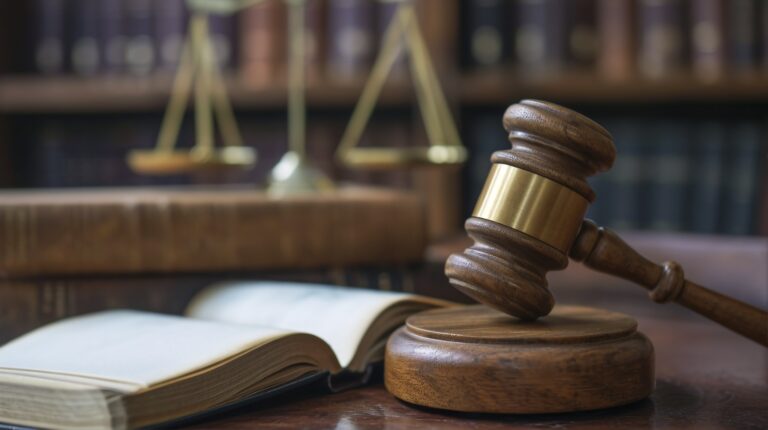Regarding the rights of data subjects, LOPD 7/2021 establishes some differences with respect to the GDPR, which are worth highlighting.
The right of access and the right to restriction of processing have new features, which we will detail below.
The right of access if there is no response within one month, the request will be deemed rejected, if after said period has elapsed since its submission it has not been expressly resolved and notified to the interested party.
When a data subject's requests are manifestly unfounded or excessive, particularly due to their repetitive nature, the data controller may reject them by means of a reasoned decision. In any case, a request will be considered repetitive when three requests are made on the same subject matter within a six-month period, unless there is a legitimate reason for doing so (in the LOPDGDD, this is more than one occasion within a six-month period).
The content of the right of access is differentiated as follows:
| GDPR | LOPD criminal sanctions |
| the purposes of the treatment | The ends and the legal basis for the processing |
| the categories of personal data concerned | The categories of personal data concerned |
| the recipients or categories of recipients to whom the personal data have been or will be disclosed, in particular recipients in third countries or international organisations | The recipients or categories of recipients to whom the personal data have been communicated, in particular recipients established in States that are not members of the European Union or international organizations |
| if possible, the planned period for which the personal data will be retained or, if not possible, the criteria used to determine this period | The period for which the personal data will be retained, where possible, or, if not, the criteria used to determine that period |
| the existence of the right to request from the controller rectification or erasure of personal data or restriction of processing of personal data relating to the data subject, or to oppose such treatment | The existence of the right to request from the data controller the rectification or deletion of personal data relating to the interested party or the restriction of their processing |
| the right to lodge a complaint with a supervisory authority | The right to lodge a complaint with the competent data protection authority and the contact details of the same |
| where the personal data have not been obtained from the data subject, any available information as to their source | The communication of the personal data being processed, as well as any information available about its origin, without revealing the identity of any natural person, especially in the case of confidential sources. |
| the existence of automated decision-making, including profiling, and, in such cases, meaningful information about the logic involved, as well as the significance and envisaged consequences for the data subject |
Regarding the right to restrict processing, the GDPR applies in four cases:
- the data subject contests the accuracy of the personal data within a period enabling the controller to verify their accuracy;
- The controller no longer needs the personal data for the purposes of the processing, but the data subject requires them for the establishment, exercise or defence of legal claims.
- the processing is unlawful and the data subject opposes the erasure of the personal data and requests the restriction of their use instead;
- the data subject has objected to processing pursuant to Article 21(1) pending the verification whether the legitimate grounds of the controller override those of the data subject
Applying in the LOPD 7/2021 only in the first two cases:
- The data subject questions the accuracy of the personal data and its accuracy or inaccuracy cannot be determined.
- Personal data must be retained for evidentiary purposes
Regarding the rights of rectification and erasure, there are no new developments with respect to the GDPR.
Regarding the rights of opposition and portability, they do not apply to the LOPD 7/2021
Regarding the right not to be subject to a decision based solely on automated processing, in the GDPR, the data subject may object unless:
- is necessary for the conclusion or performance of a contract between the data subject and a data controller
- is authorized by Union or Member State law to which the controller is subject and which also lays down suitable measures to safeguard the data subject's rights and freedoms and legitimate interests
- is based on the explicit consent of the interested party
Being prohibited from being the subject of an individual decision based solely on automated processing, in the LOPD 7/2021, except in one case (which coincides with the second case of the GDPR):
- that is expressly authorized by a law or by European Union law. The enabling regulation for processing must establish appropriate measures to safeguard the rights and freedoms of the data subject, including the right to obtain human intervention in the review process of the decision taken.
If you want to learn more about Data Protection & Regulatory Compliance, visit our blog.




































